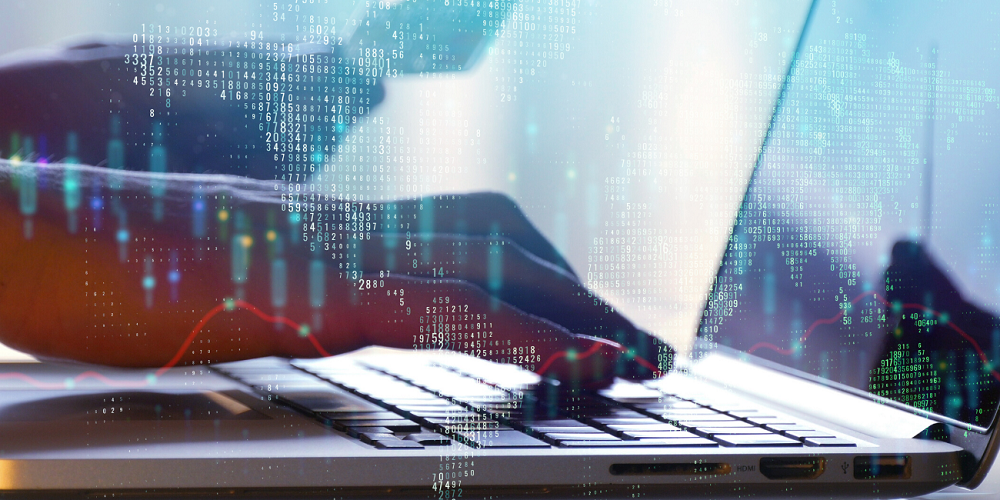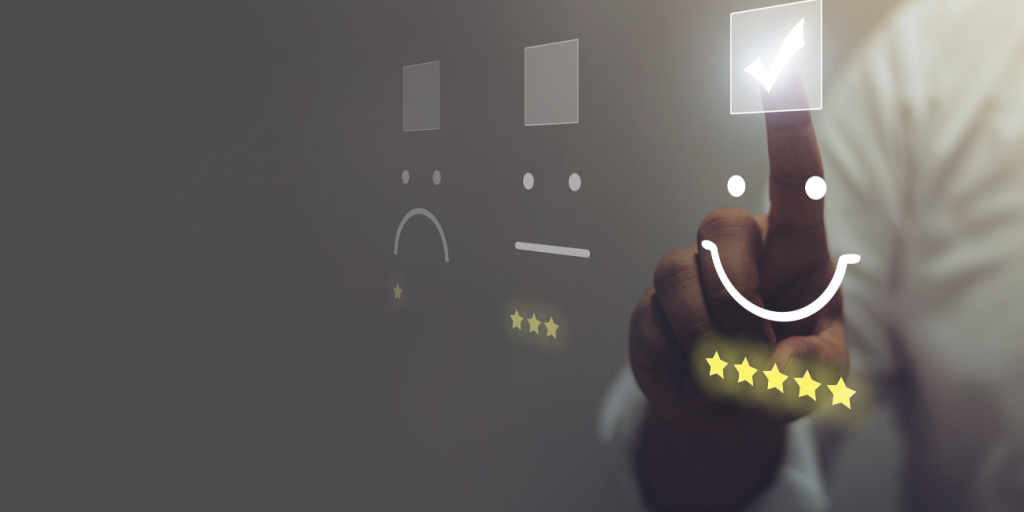Corporate social responsibility (CSR) is often a topic of discussion for business circles as well as for broader audience. This topic is particularly important today when the world is united against one common challenge- fight against Covid-19.
Clearly, governments are obliged to do their best to fight against pandemic, to save lives and keep economy going. This is their core responsibility. However, as demonstrated by this process, effort of officials is not enough to tackle the situation. While #stayhome campaign requires responsibility of each citizen, it is interesting what is the role of business in fight against Covid-19?! What does companies, as parts of our society do for common good? Or what can they do better?
According to webpage created for the purpose of preventing spread of Coronavirus in Georgia – Stopcov.ge, 170 companies operating in Georgia already demonstrated high social responsibility in the process of fighting against the pandemic. Amount of money transferred to special foundation created for the purpose of Coronavirus prevention already exceeds 131 million GEL. This clearly is something to appreciate but Georgian companies did not express their social responsibility only in this form. There were quite many companies engaging other activities under social responsibility – including profile activities (e.g. providing doctors with food or fuel; restructuration of loans, etc.) and activities out of their profile. It is a pity that in some cases, due to insufficient communication, socially responsible steps of these companies could not reach consumers and took away the opportunity of establishing positive reputation based on reciprocal usefulness.
In addition, it is worth mentioning that Georgian society, including consumers of specific brands are quite critical towards social responsibility exercised by large companies, intensiveness of charity activities carried out by them. To put it in other words, consumers set much higher standards of civil sense to businesses than a large portion of companies imagine.
We often talk to consumers to evaluate image of leader companies in various fields and their work in general through focus groups, telephone or face-to-face inquiries (note: this form of inquiry was completely replaced with telephone method in ACT due to new agenda set by Covid-19) and here is what they tell us:
,,I try to be and cooperate with companies which have high social responsibility and does at least something to help Georgians, tries to help and make improvement”. [Woman, 26 years old]
„Commercial organizations do not feel certain idea. Their main idea clearly is to earn as much as possible, get more profit, but we should not forget social responsibility”. [Man, 37 years old]
Together with meeting basic steps of social responsibility, important component of brand’s reputation is believed to be other benefits brought to broader society.
Basic steps of social responsibility include:
- Bring benefit to consumer: offer good product or service, every possible comfort
- Pay taxes in respective manner, fill country’s budget
- Develop jobs and create safe working environment for employees, taking decent labor conditions into account.
Upper levels of CSR impose broader, more global responsibilities to companies, as integral parts of our society. Such approach is called civil sense of business or corporate citizenship which implies effort to improve economic, environmental and social situation of the community where business was founded and/or is in interaction considering other factors. In Georgian reality, due to smaller area of activity, this community implies entire country and its residents. Respectively, business is challenged to offer types of activities which will be vivid and at the same time, useful for entire Georgian society or any group of it.
It is also worth mentioning that consumers’ memory on the projects implemented by Georgian companies under CSR is quite scarce and is mostly limited to charity projects. Furthermore, there is perceived severe social condition of the country and thus, desirable directions of CSR ultimately imply charity and more specifically, sensitive fields such as funding for cancer patients, allowance for socially vulnerable families or children. Considering high sensitivity of society and urgent need, we can also include monetary transfers made to Coronavirus prevention fund under this category.
However, respondents separately mention need of campaigns with long-term effect in the fields which will bring broader benefit to the country and society. These fields are perceived to be education, investments in technology and economic development. In Georgian reality, tourism and agriculture are particularly sensitive fields of economy.
It is important activities implemented or planned under CSR to comply with three main criteria defined by final evaluators – consumers:
- Greater goal – it is important for companies to mobilize financial and other resources for initiatives that are related to actually big, important benefits. In our reality, coping with Coronavirus and accompanying difficulties clearly is such challenge.
- Sustainability – consumers agree that companies with true social responsibility and aspirations carry out not one-time, but consistent campaigns and their ethical nature is tested by time. Thus, instead of one-time donations, society may be more assured by unified strategy developed in response to specific challenge (in this case: Covid-19 or one specific problem caused by it) and respective chain of activities, which implies that companies allocate not only financial, but intellectual, physical and time resources and points out their long-term intention.
- Relevance with competence – third desirable but non-mandatory criterion implies that CSR activities chosen by the company to be in compliance with its field of activity, its competence or even refer to those members of society with whom this organization interacts more. In the current situation private medical institutions, pharmaceutic and insurance companies are clearly given the opportunity to show off their social responsibility. However, naturally, other companies can contribute in common good too and do it more effectively than before if they allocate their resources to the aspect of the problem which is more correlated with their field of activity.
Considering inevitable regress of our economy due to fight against Covid-19, we can clearly say that preserving country’s economic health is no less important challenge than coping with a virus. Regardless the steps made by the government and international donors, business initiatives in this field may act as important boosters of economy. This can become the position business should pick in order to more effectively manage utilizing its potential under this crisis to benefit the society.






